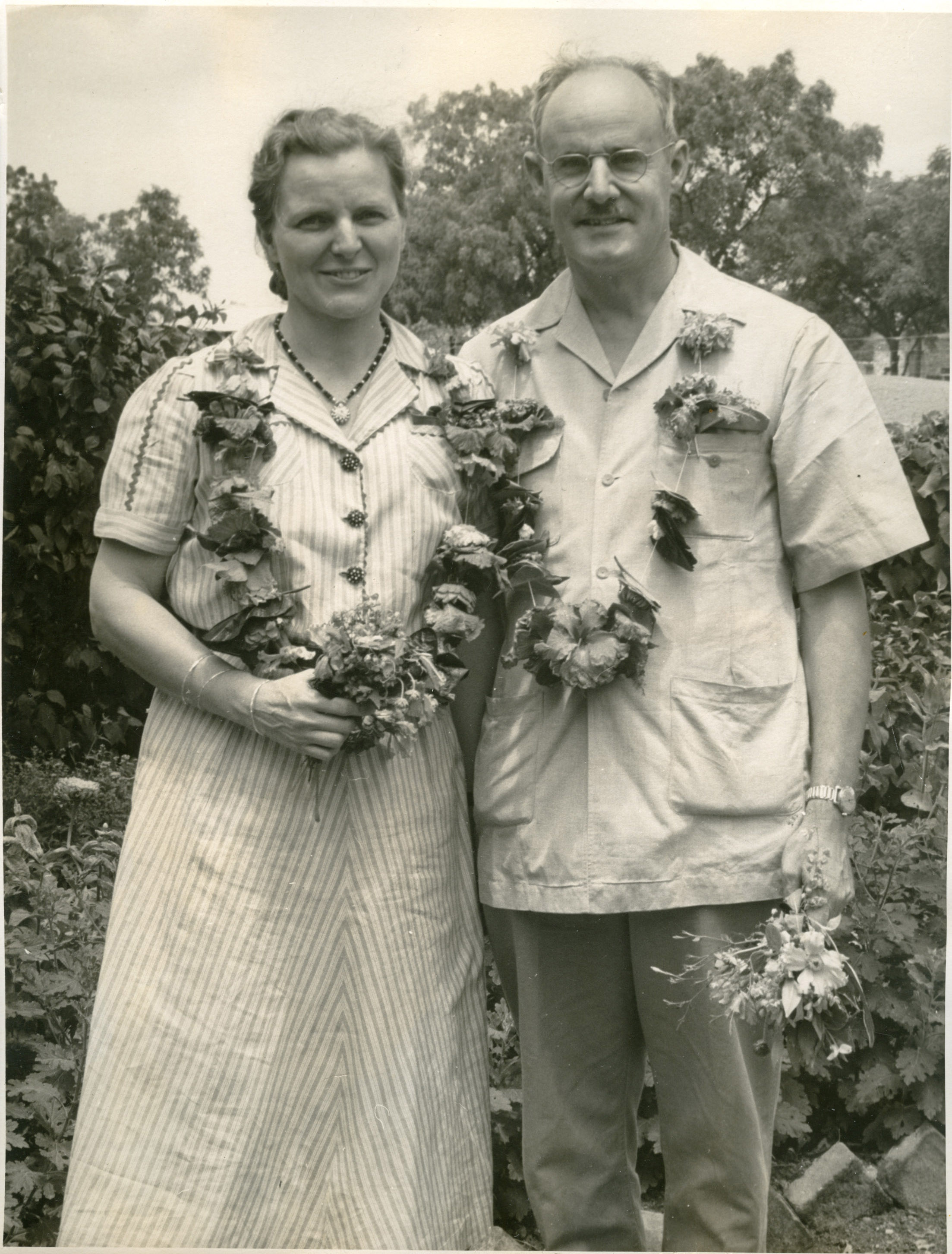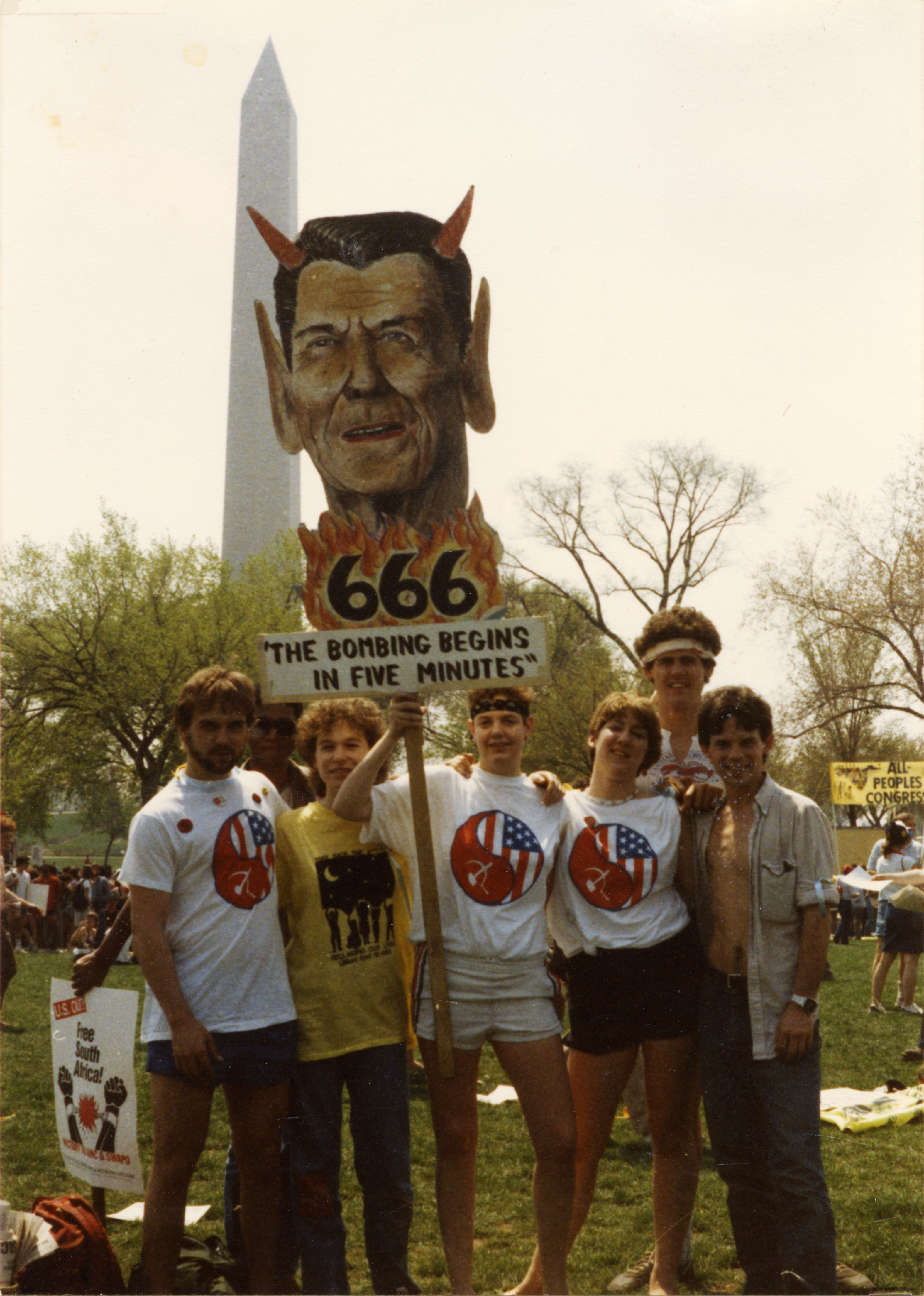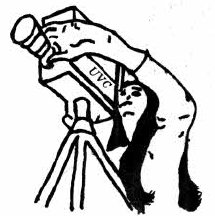Sue Thrasher Poster Collection
The activist, writer, and educator, Sue Thrasher became involved in the civil rights movement while a student at Scarritt College in 1961. A native of rural West Tennessee, Thrasher was drawn to the local chapter of the Student Non-Violent Coordinating Committee shortly after arriving on campus, and in 1964, she helped found the Southern Students Organizing Committee, serving as its first executive director and taking part in the “white folks project” during Mississippi Summer. As a stalwart of the freedom movement and its historian, she joined the staff at the Highlander Center in 1978, helping to organize their archives and conducting oral histories. After more than twenty years of social activism in the South, Thrasher came to UMass Amherst to earn a doctorate in Educational Policy and Research, and from 1997 until her retirement in 2013, she worked as Partnership Coordinator at Five Colleges Incorporated, linking faculty with public school districts in western Massachusetts. Among her several works on the civil rights movement is the collaborative volume Deep in Our Hearts: Nine White Women in the Freedom Movement (2000).
A visual record of Sue Thrasher’s involvement in movements for social justice, the collection includes dozens of posters reflecting international liberation movements (Mozambique, Palestine, Central America), Cuba, the antiwar movement, campaigns for literacy in Nicaragua, the International Council on Adult Education (Chile and Bangladesh), and activities at the Highlander Center (benefit concerts by Pete Seeger, Arlo Guthrie, and Sweet Honey in the Rock). The collection also includes two Nicaraguan masks collected by Thrasher.




